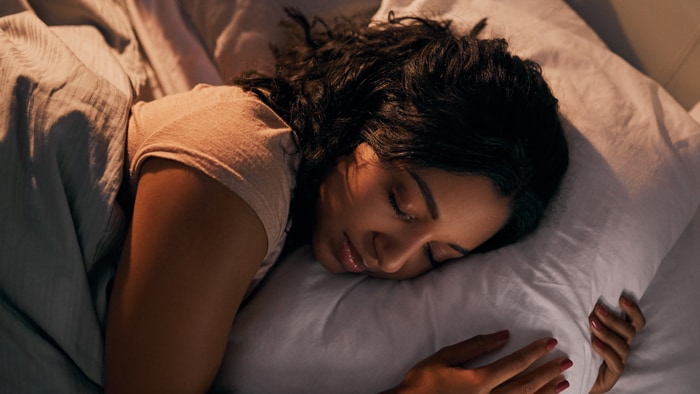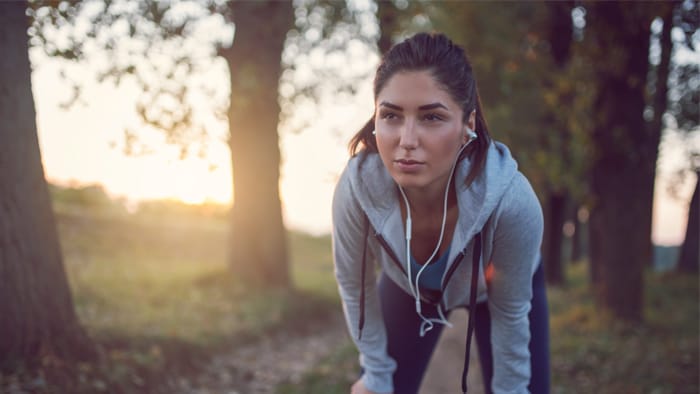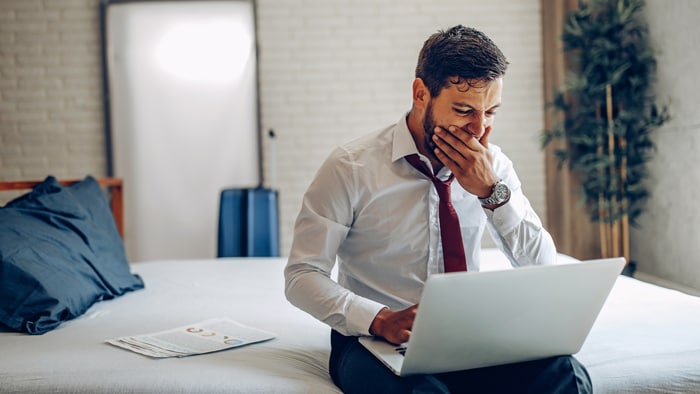Adjust clocks, adjust yourself
By Jennifer Nelson Autumn signals the end of daylight savings time, when we turn back the clock and gain an extra hour of sleep. Compared to the start of daylight savings, when the clocks “spring” forward and we lose an hour of sleep, it would seem easier to make the adjustment to the extra hour. But for many, this simple change wreaks havoc with our circadian rhythm. “The biggest problem people have is they’ll get up an hour earlier,” said Amy Reavis, registered polysomnography tech, and manager of Emery Sleep Solutions in Apopka, Fla. It’s more difficult for some to adjust to the spring time change than to the Autumn change. For one, genetic traits also determine your “chronotype”—whether you are a “night owl” or a “morning lark.” Owls stay up late and larks rise with the sun. Larks, Reavis said, will have trouble sleeping later. Also younger people have an easier time adjusting to the extra hour in the Autumn compared to older people. Depending on your age, you may find it takes as long as two weeks to get in sync with the time change. (And continually referring to the time as “an hour earlier than it used to be” doesn’t help.) Interestingly, according to a study in the New England Journal of Medicine, the number of workplace and traffic accidents, as well as heart attacks, rise in the days following the spring time change. Another study, by the American Psychological Association, showed a 6 percent rise in workplace injuries on the Monday after the daylight savings time change. Those who already have insomnia are likely to have the worst issues Reavis said. Here are some tips to see you through the time change: Though the time change is only hour, it can make a difference in the way you sleep. The best advice: Be kind to yourself and recognise how that extra hour affects you.



